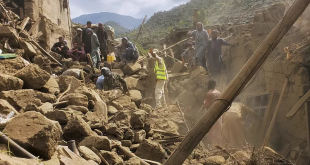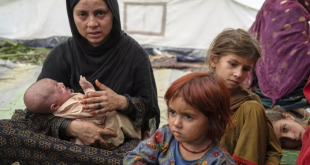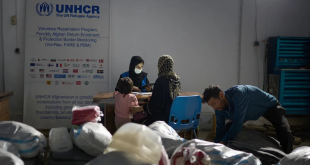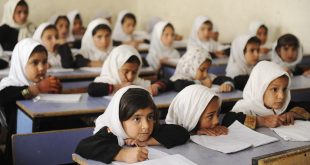KABUL — In a striking statement on Monday, Deputy Minister of Public Health Bakht Rahman Sharafat told TOLOnews that the suspension of international aid has had no significant impact on Afghanistan’s healthcare system, branding most foreign assistance as “largely symbolic.”
Sharafat made the comments during the inauguration of a newly constructed 20-bed hospital for women suffering from drug addiction in the southeastern province of Ghazni. The facility, built at a cost of approximately $120,000 and fully staffed by women, is a rare public health development aimed specifically at addressing addiction among Afghan women.
“Foreign aid has had no negative impact on Afghanistan’s economy or any sector,” said Sharafat. “Transparency has been established, resources are being managed properly, the people are making efforts, and the available resources are being used efficiently.”
The hospital was funded by the United Nations Office on Drugs and Crime (UNODC) and implemented by a local NGO through the YHDO organization. Hamidullah Hemat, who heads the NGO, confirmed that the project will be expanded in the near future.
Zargh Zirk, Ghazni’s public health director, emphasized the hospital’s unique role: “This hospital has 20 beds for addiction treatment, which can be expanded if needed. Patients will be treated for 45 days, and the entire staff consists of women.”
According to the Ministry of Public Health, a broader plan is also in motion, with 7 billion afghanis approved to construct hospitals across all districts nationwide.
This development comes amid continued global concern over Afghanistan’s humanitarian situation, where many sectors remain dependent on external assistance. However, Sharafat’s remarks reflect the Taliban-led government’s ongoing narrative of self-reliance and resource optimization since their return to power in 2021.
 Afghanistan Times
Afghanistan Times




